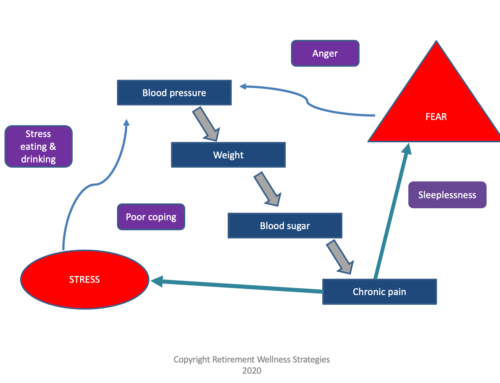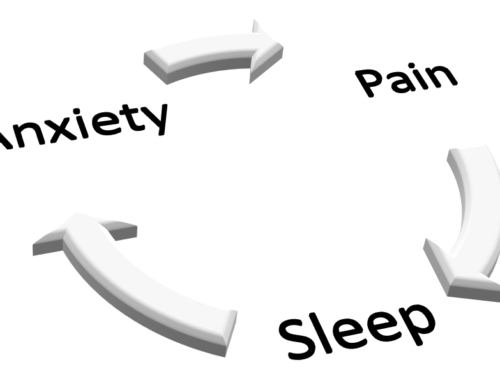
Divorce around the time of retirement is on the rise.
Divorce around retirement – You’ve seen it in pop culture, in famous people. And, you’ve likely seen it in your own community. It won’t be surprising if you are seeing this trend in your own family, even your own marriage.
The incidence of divorce over age 50 is experiencing a sharp rise. It has nearly TRIPLED since 1990. (Interestingly, the divorce rate among younger adults under age 40 is declining). So, why are the Boomer’s divorcing at an unprecedented rate?
The role of RETIREMENT in divorce
Retirement is one of the top 10 biggest life adjustments. It is a time of huge transition ranking right up there with marriage, having children, moving, and loss of a loved one.
Many people enter retirement unprepared. They often haven’t thought about the daily changes, the sudden loss of routine, and the sudden increase in togetherness time with their spouse.
In a perfect, romantic world, more time together is exactly what each couple wants. Nothing in life is perfect, at least not for long.
That’s not to say that marriages can’t thrive in retirement. They absolutely can. But that usually requires some communication, compromise, and adjusted expectations.
A healthy marriage in retirement
Both partners have a lot of change to navigate with retirement. Time spent together usually increases. Either partner might find that restrictive. The more we are together, the more complicated communication can be as well. (It is much easier to say the wrong thing when you’re talking more).
- The most important step to a healthy marriage in retirement is to talk about it before it happens, or at least before relations get very hurtful after retirement. Rarely do both partners have a clear picture of what retirement will really be like. But, both have some ideas of what they want it to be like. How much have you talked about this?
- Until it happens, sometimes people don’t even know what might annoy, frustrate, or stifle them in retirement. Agree to be open with one another as these stumbling blocks present themselves. Recognize that they will occur, and before they are personal or hurtful, calmly talk about them.
- Plan for how you will maintain some independent interests and activities. If you have had only a few hours in the evening and on the weekends together for decades, 24/7 togetherness can be overwhelming.
- Talk about expectations. What are common aspirations, plans, and desires? Unmet expectations are almost always at the center of a divorce. Often, one doesn’t know what the other was expecting until the relationship is too far-gone. Don’t let that happen.
- I’ve seen examples where one person wants to travel while the other wants to stay home.
- Sometimes one has always dreamed of taking couples dance lessons and the other would rather do anything but that.
- A big issue I’ve seen is one spouse wants a lot of togetherness going and doing things while the other wants to spend most time with the grandchildren.
- Include the more intimate parts of your relationship in your planning. This is an area of frequent mismatch in expectations. There is NO truth that sex ends at a particular age. It is very helpful when partners can open discuss these expectations and honor what motivates the other partner to share the same desires.
Planning is key
Don’t leave your marriage to chance after retirement. Recognize that retirement is a major life transition. Respect the wide range of emotions and adjustments each partner will make.
Retirement Wellness Strategies is here to help! Let us help you preserve your health and strategically plan for all aspects of your retirement such that it is Meaningful, Active, Sustained, and Healthy!
Learn more at www.retirewellness.com, michelle@retirewellness.com, or call 410-472-5078.
For further application, check out my personal blog.





